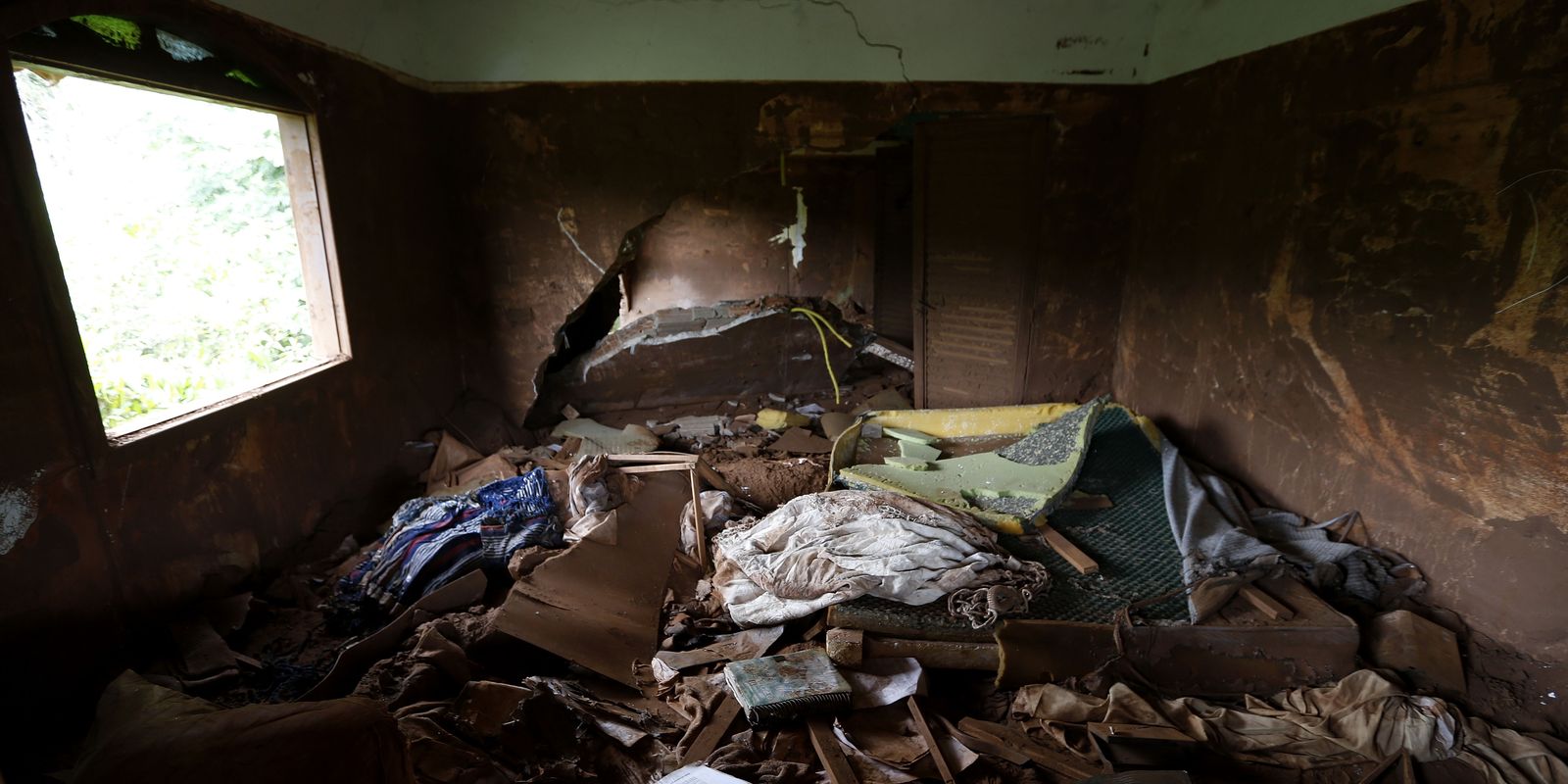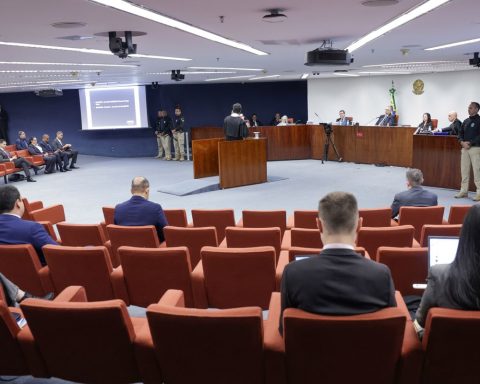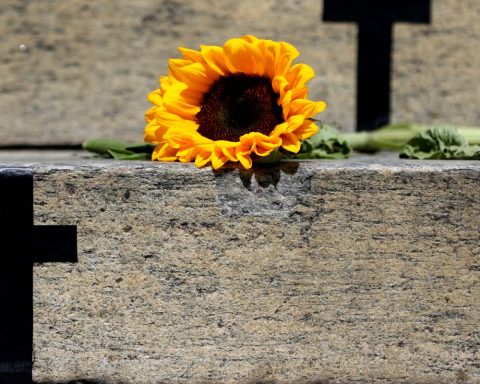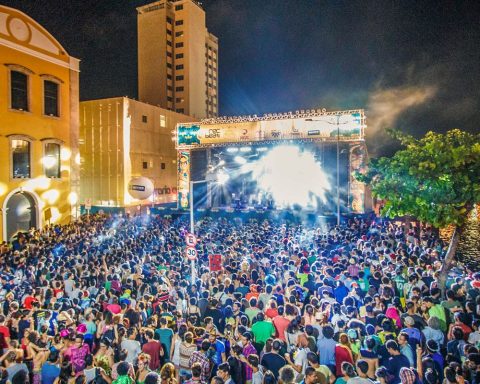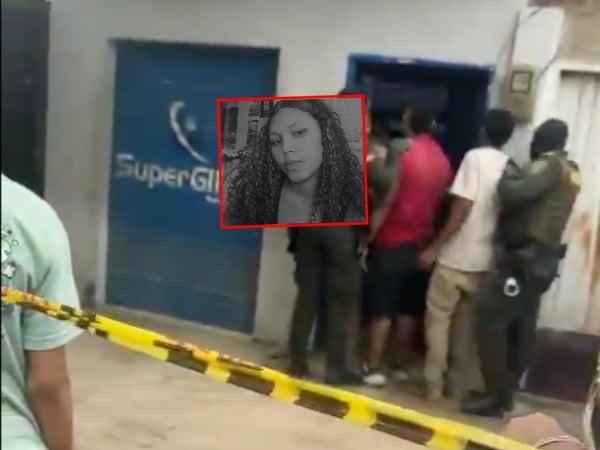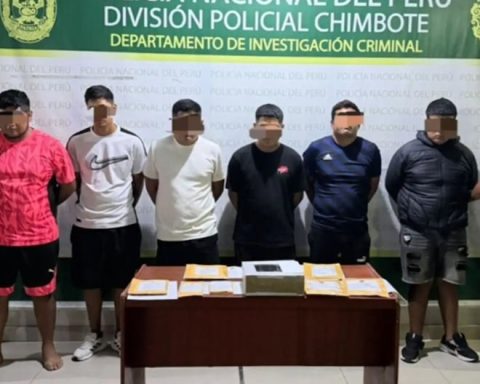Delays in the reconstruction of districts devastated by the collapse of the Samarco dam must be compensated by the mining company. This is what determines the new reparation agreement signed two weeks ago. Nine years after the tragedy, there are still residents waiting for their homes to be delivered.
The dam collapse released around 39 million cubic meters of waste that destroyed the districts of Bento Rodrigues and Paracatu de Baixo, in the rural area of Mariana, in Minas Gerais. Nineteen people died. The mud also flowed through the Doce River basin, causing impacts to the populations of dozens of municipalities up to its mouth in the state of Espírito Santo.
The new agreement establishes compensation of R$1.08 billion, to be divided equally among all families. This amount concerns not only delays, but also the slope of the land where new houses were built and the impossibility of developing agroforestry and pastoral activities.
The new districts were designed with larger properties and higher construction standards, surrounded by walls, some with barbecue areas and swimming pools. With atmosphere of an urban condominiumthey distance themselves from the landscape of the original rural communities, made up of small one-story houses, a vegetable garden in the backyard, a chicken coop at the back of the house, few walls and lots of greenery. The lack of access to raw water became a barrier for residents to return to cultivating gardens and raising animals.
Indemnity
There is also compensation of R$100,000 for families who have lost relatives over the last nine years. Until the end of last year, only in Bento Rodrigues, 58 people affected died before the community was completely rebuilt, according to a survey by Cáritas, an entity that provides technical assistance to victims.
“These are people who died without reparation. I’m not saying that everyone died because there was no reparation. There are people who died because they were already old, there are people who fell ill. But many people died sad”, said, at the time, the coordinator of Cáritas projects, Rodrigo Vieira.
According to the new agreement, Samarco must secure R$100 billion in cash, in addition to carrying out some actions with an estimated cost of R$32 billion. Other obligations involving benefits for residents of the two districts are foreseen. For example, R$50 million was reserved for projects in affected communities, which will necessarily include programs on financial education.
The two districts are being rebuilt on land chosen through voting. The new agreement establishes that the areas where the old communities were located must be listed by the municipality of Mariana and the properties must be expropriated, with Samarco having to bear the costs of the respective compensation to the owners.
The mining company also committed to restoring chapels located in devastated districts. In addition, she must transfer R$27 million to Mariana for the construction and maintenance of the Bento Rodrigues and Paracatu de Baixo Memorial. The municipality is expected to complete the work in 36 months.
The reconstruction of the districts was being led by the Renova Foundation, an entity created to manage the entire repair process as established in an agreement signed in March 2016.
Known as the Transaction and Conduct Adjustment Term (TTAC), it established a series of programs, including resettlement. The new agreement, however, determined the extinction of the Renova Foundation and decentralized the execution of measures, distributing responsibilities between public authorities and justice institutions – the Public Ministry of Minas Gerais (MPMG) and the Federal Public Ministry (MPF) and Samarco. The completion of works in the two districts is among the measures under the responsibility of the mining company.
In a statement, Samarco states that the new agreement brings a solution to the outstanding issues. “It will allow for the completion and definitive delivery of the Novo Bento Rodrigues and Paracatu resettlement, which are already in an advanced stage, with 85% of the residences and public equipment completed, under the supervision of the Public Ministry of Minas Gerais and technical advisors”, he records the text.
The new agreement is the result of negotiations that have been going on for three years. The negotiations sought to renegotiate the reparatory process given the insufficiency of the Transaction and Conduct Adjustment Term.
The Renova Foundation began to be criticized for its lack of autonomy vis-à-vis mining companies and became, over time, the target of thousands of legal proceedings questioning its actions on various topics such as individual compensation, reconstruction of destroyed communities and environmental recovery, for example. .
Charge
One of the actions – filed by MPMG – even charged imposition of a fine for failing to meet the delivery deadline for the houses in Bento Rodrigues and Paracatu. The original schedule for works in the two districts predicted completion for 2018 and 2019.
The estimates changed a few times until the Renova Foundation stopped publishing dates. In 2020, a court decision defined February 27, 2021 as the new deadline for completing the works, under penalty of R$1 million per day of delay – an amount to be paid by Samarco and its shareholders Vale and BHP Billiton. Despite requests from the MPMG, the fine was never executed. With the new agreement, this process will be archived.
In total, the projects in the two districts envisaged the resettlement of more than 300 families, in addition to the structures of school buildings, health centers and other public services. In Bento Rodrigues, the keys to the first houses were delivered by the Renova Foundation in April last year. Two months later, some families from Paracatu also finally had access to homes. The new agreement also sets deadlines for Samarco to develop and complete the conceptual and executive projects for the pending houses. It also determines the completion of works on these properties within 360 days.
